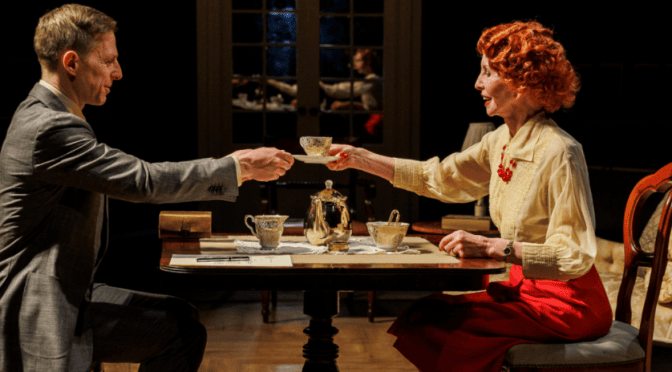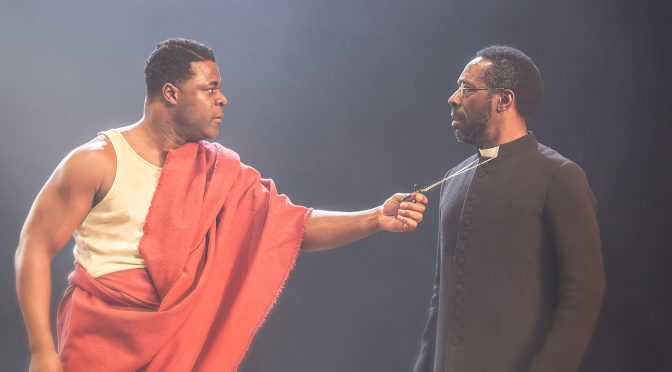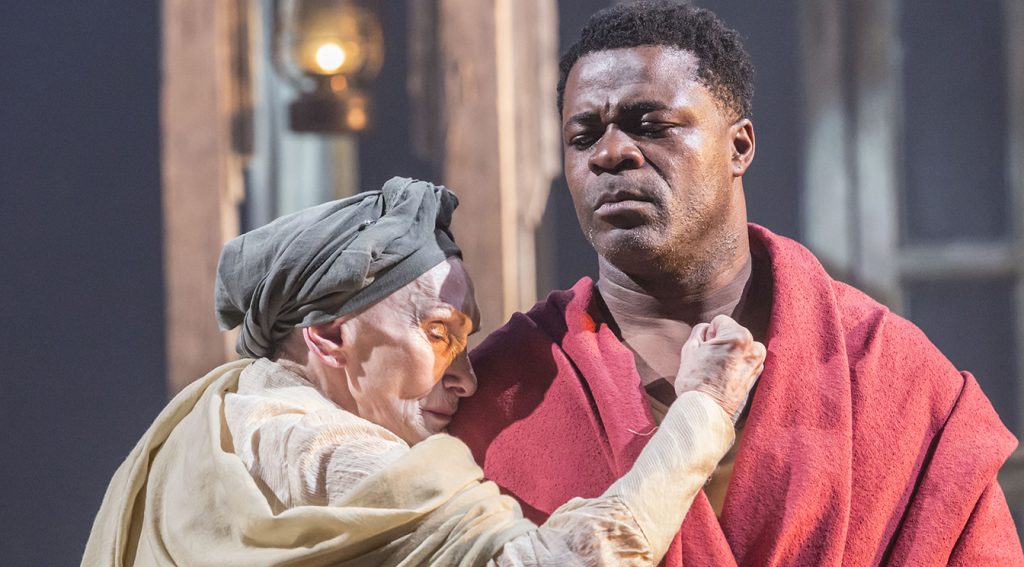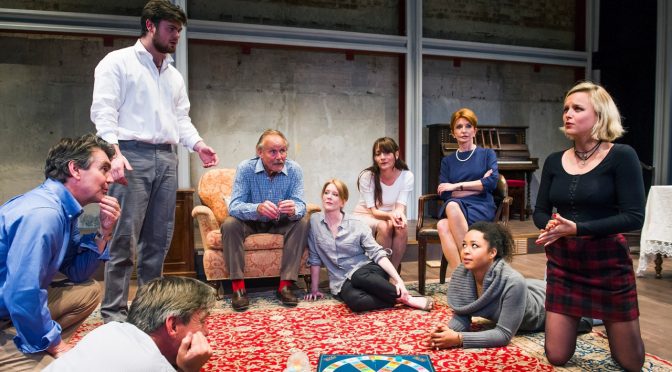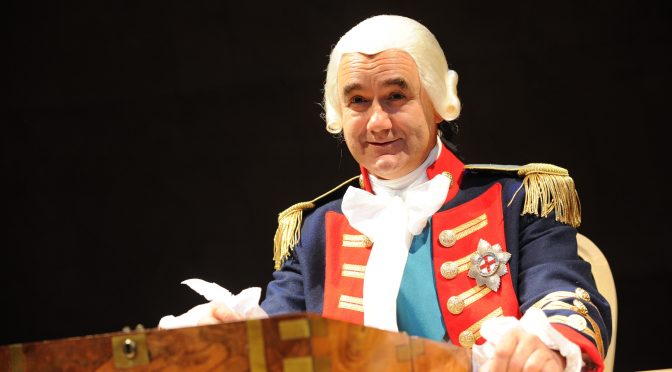If Somerset Maugham’s work as a playwright is unfairly neglected, as director Tom Littler suggests, this revival of a play from 1921 should create a lot of interest. The piece is superbly crafted and hugely entertaining – I haven’t laughed so much in a theatre for a long time. And the production is excellent; overflowing with talent, it is a tribute to the text.
The Circle is a relatively simple drawing room drama, albeit expertly explicated. The scandalous Lady Kitty, who eloped with Lord Hughie, returns home to see her abandoned son, Arnold, but has to deal with her husband Clive hanging around. While aristocratic manners downplay the drama, Maugham ups the stakes with the threat that history is about to repeat itself – Arnold’s wife, Elizabeth, has fallen in love with a house guest called Teddie.
The joy of the play comes with the comedy – the script is full of acerbic observations that are funny while creating tension. And every line is delivered to perfection. Much of the bile comes from the cuckolded Clive and taking the role, Clive Francis hides the character’s spite under an air of sophistication that is a twisted pleasure to behold.
After so many years together, Kitty and Hughie have suffered and squabble – which Clive is “excessively amused” by. The scenes of bickering are performed to perfection by Jane Asher and Nicholas Le Prevost. Asher is brilliant at suggesting wounded vanity while even grunts from Le Provost get giggles. The three bring an air of insouciance to the play that makes The Circle delicious and dramatic.
Admittedly, the fun peaks at the interval. The division between Kitty as a Mother or a Woman is made moving by Asher, her character explains she has attended “a bitter school”, but is overstated. And Maugham takes Arnold’s marriage and the predicament of the younger characters a little more seriously than many, nowadays, might. Clive’s plot to help his son isn’t just silly, it is transparent and it jars with what we have seen of young Elizabeth who is a satisfying character. Still, the will-they-won’t-they run away scenario is smartly handled and ambiguous emotions provide depth.
There’s a second trio of performances to enjoy: Pete Ashmore as Arnold, Olivia Vinall as Elizabeth and Chirag Benedict Lobo as Teddie make a love triangle that is convincing with neat comic touches. It is to Littler’s credit that he respects seriousness in these scenes; surely there was the temptation to play looser and carry on the fun? The central idea, that “the tragedy of love is indifference”, is preserved. If The Circle’s conclusion doesn’t quite convince, the revival itself is excellent. And with performances so accomplished, the show left me wanting more Maugham.
Until 17 June 2023
Photo by Ellie Kurttz

